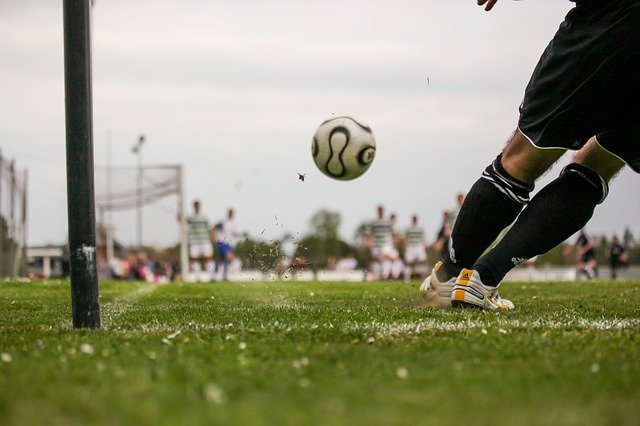Healthy Habits of a Soccer Player
Getting our best performance in training and later in matches depends on the healthy habits that as soccer players we must follow in our day-to-day. A career marked by injuries or “low head” usually tends to be synonymous with: a short and starry career. Therefore, to help both the coach and the player to avoid such a career, we will give you a series of tips and considerations on a physical and mental level, which will help you teach the healthy lifestyle of a successful footballer.
Healthy habits on a physical level that a soccer player should follow
As a footballer, having a mind and body in optimal conditions brings with it a series of improvements in our development on the field of play -greater physical resistance, speed, less probability of injury, agility- that will allow us to stand out and make important differences in matches. To achieve this series of improvements, it is important to inculcate healthy habits from an early age in the daily routines of the players, ranging from aspects such as diet to the number of hours of sleep. Some of these aspects to consider include:
1 Good nutrition
Maintaining a healthy diet is perhaps one of the most important aspects that a soccer player must take care of. A good example of the importance of this aspect can be seen in figures such as Messi or Cristiano Ronaldo, who with more than 30 years behind them are still the two best players in the world, and in part, it is thanks to nutritional care. A well-structured and healthy diet will help you to recover better after long training sessions or matches, will allow you to gain more muscle mass, reduce the risk of injury, greater resistance, greater concentration; among other things. Behind their sunglasses, you would think they were in their mid-20s! Some foods that should be considered in the diet of soccer players are fruits and vegetables, which provide vitamin A, which is of the utmost importance when it comes to the growth of young players; and vitamin C, which helps the immune system. It is also important to consume starchy foods such as pasta, rice, or cereals, which are sources of energy for the brain and body. Whole-grain versions are recommended as they release energy more gradually.
2. Hydration
Within the healthy lifestyle of a soccer player, hydration is undoubtedly a vital factor. Whether during training, matches, or daily, drinking water is necessary to keep your muscles and mind in top condition. It is even something that should be part of the diet of footballers. During training, matches, and even, by human nature, the loss of fluids is something that happens constantly. That is why many players, due to not having hydrated well before, during, or after exercise, feel extreme fatigue, dizziness, nausea, or muscle problems, hence the importance of hydration.
3. Rest
Among the healthy habits of a soccer player, rest is something very important, and again players like Sergio Ramos, Modric, Cristiano or Messi are examples since they are figures who give great importance to it and the result of them can be seen since they are physically in optimal conditions and their performance is still very high. Starting with sleep, one of the healthy habits that players should implement is to sleep at least 7-9 hours a day. Falling asleep during this time reduces the probability of injuries, improves learning capacity -very important in youth football categories- and improves mood.
4. Warm-up
Performing warm-ups before carrying out any practice is important if you want to avoid any type of injury or if you want to prepare your mind for matches. Although coaches tend to be very careful about this, it is important that the players also include this factor with a particular interest in their routines and healthy habits every time they train on their own, play a game with friends, or even on days they just walk on the beach wearing Versace sunglasses and eyeglasses.
5. Monitoring of work plans and strategies established by coaches and specialists
Being part of a team or going to specialists to enhance or improve some aspect, will bring with it the monitoring of work plans or strategies that must be fulfilled as best as possible if we want to achieve success with the team or on a personal level.
Would you follow their habits?

